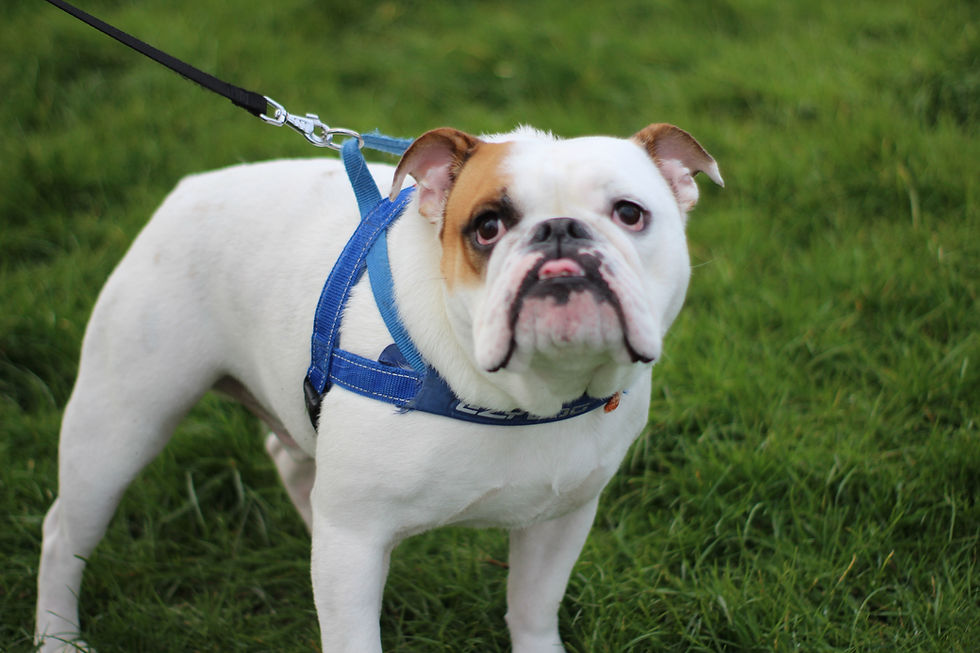Travel recovery? First reassure the consumer
- Greg Richards

- Jan 12, 2021
- 2 min read
UNWTO 3R strategy needs an extra R for Reassurance
With Covid-19 raging more fiercely than ever and lockdowns extending across the planet, getting back to normal travel seems further away than ever. The glimmer of hope offered by the arrival of the vaccine will take a long time to materialise – probably too long for a lot of travel firms and their employees.
The UNWTO mantra of “response-recovery-resilience” is being followed by destinations around the world, in the hope that emergency measures to contain the virus will convince tourists to return. The Portuguese “Clean and Safe” campaign is a typical example, making a virtue of measures that needed to be taken anyway – ensuring basic hygiene and social distancing. But how far will cleanliness go when people are fearful of making plans that may be dashed by new outbreaks and extended lockdowns?
Potential tourists will have plenty of time to dream about the places they would like to visit during their enforced lockdown leisure. But how likely are they to actually book a holiday? What they need to turn surfing into booking is reassurance. Reassurance that their destination will not only be safe, but that they will not run any financial risks by booking their holiday. Some airlines are already offering (almost) no-risk flight bookings, such as Easyjet’s Europe with Confidence Pledge. But the flight is just one aspect of a holiday trip. What about the destination? Why are the places desperate for tourists not offering similar pledges? It would not cost them much – many countries are already funding layoffs for staff or lost turnover for businesses. So why not use that cash to cover the cost of holiday guarantees for tourists? Then people would be able to book with confidence, and when conditions improve, travel will resume much faster. Not to mention the PR value of being a destination that actually seems to care about its visitors.




Comments